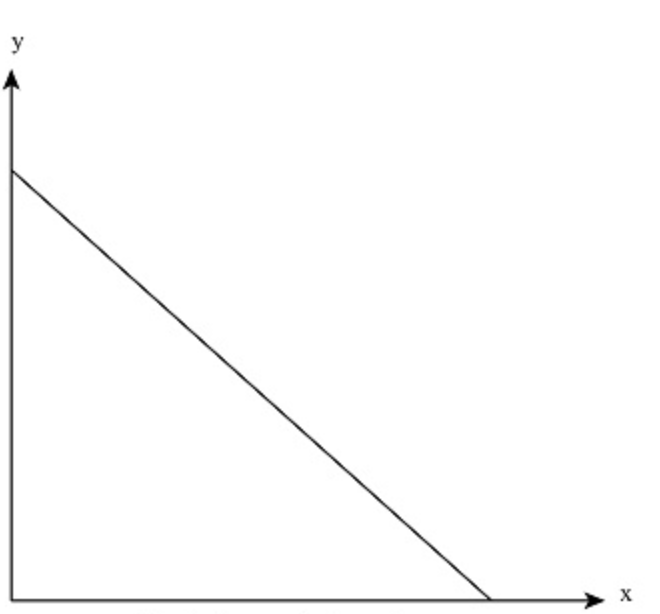1.1 What is Economics?
1/31
There's no tags or description
Looks like no tags are added yet.
Name | Mastery | Learn | Test | Matching | Spaced |
|---|
No study sessions yet.
32 Terms
Economics
Study of how scarce resources are allocated to fulfill the infinite wants of economic agents
Basic Economic Problem
What How Who
Microeconomics
The behaviour of individuals and firms, and how they make economic decisions
Macroeconomics
The economy as a whole; aggregates of the economy and on countries' fundamental economic goals
Variables of the Fundamental Economic Goal
Economic Growth, Employment, Inflation, Income Distribution
Scarcity
Limited availability of economic resources relative to society's unlimited demand for goods and services
Rationing System
Controlled distribution of scarce resources, goods, services, or an artificial restriction of demand
Factors of Production
Land, Labour, Capital, Enterprise
Choice
Decisions between competing alternatives and the consequence of such decision
Opportunity Cost
The next best alternative foregone when an economic decision is made
Equity
The concept of fairness, in context of the distribution of income, wealth or human opportunity
Efficiency
Input-output Ratio
Allocative Efficiency
Best possible use of scarce resources to produce the combination of goods and services optimum for society
Production Possibility Curve
Illustrates the maximum combinations of two goods an economy can produce; all combination of the maximum amount of goods an economy can produce
PPC Assumptions
2 Types of Goods, No Idle Resources, Resources Used Efficiently, Constant State of Technology, Ceteris Paribus

Constant Opportunity Cost
Opportunity cost does not change; perfect mobility of factors of production
Free Good
A good or service which is unlimited in supply
Model
Simplifications of a complex world to understand the relationship between (limited amount of) variables.
Circular Flow of Income
Shows the flow of money through the economy
Interdependence
The growing interaction and reliance on others to achieve economic goals; community and nations are not self-sufficient
Globalisation
High level of interdependency between nations; decisions made in one part of the world have economic consequences for individuals and firms elsewhere.
Leakages and Injections
Government, Financial Institution, International Trade
Economic Well-Being
Level of prosperity and quality of living standards
Factors of Economic Well-Being
Financial Security, Meeting of Basic Needs, Permitting of Achieving Personal Satisfaction, Maintain Adequate Income Levels
Intervention
Government involvement in workings of markets in the private sector; markets may fail to achieve certain societal goals, including equity, economic well-being, sustainability
Free Market Economy
Market forces of demand and supply allocates scarce resources via the private sector
Planned Economy
The government allocates scarce resources. Often associated with communist / socialism economies that strive for social equality
Mixed Economy
A combination of planned and market economic systems. Government intervenes to correct perceived market imperfections / failures
Change
The economic world is continuously evolving and economists must be aware of this and adapt their thinking accordingly
Sustainability
The ability of the present generation to meet its needs without compromising the ability of future generations to meet their own needs
Economic Agents
Any individual, household, firm or government that makes decisions about the allocation of scarce resources
Ceteris Paribus
“all other things being equal“